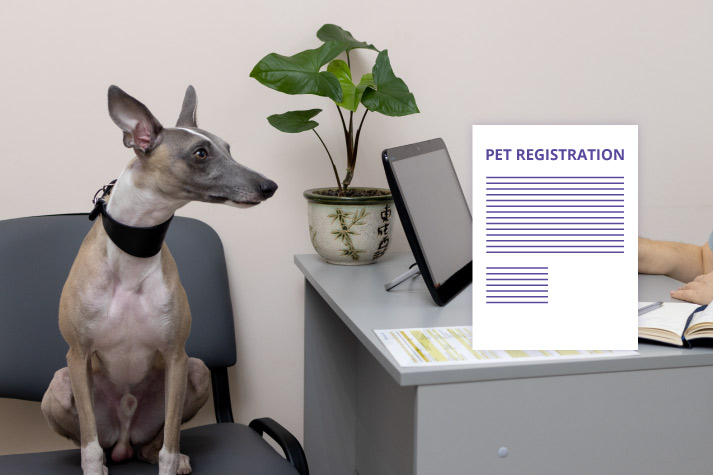AMC Tightens Pet Registration Rules with Fee Hike and Stricter Enforcement
The Ahmedabad Municipal Corporation (AMC) has intensified its pet registration drive, making it mandatory for dog owners to register their pets before 31 March 2025, after which the fee will rise from ₹200 to ₹500. So far, around 2,500 pet dogs have been registered in 2025, a number AMC officials find significantly low compared to the estimated 50,000 pet dogs in the city. This initiative is part of the broader “Rabies-Free Ahmedabad City” programme, aimed at ensuring better tracking and vaccination of pets to prevent the spread of the disease. Civic officials had anticipated a faster response to the mandatory registration, but compliance remains sluggish, prompting a stricter approach in the coming months.
To enforce the registration rule, AMC will deploy teams from the Cattle Nuisance Control Department (CNCD), which is already responsible for managing stray cattle. These teams will conduct door-to-door inspections, gather information from local vendors, and track pet ownership in residential areas. Pet owners found without registration will receive immediate notices and will be urged to complete the process or face further action. This move reflects AMC’s commitment to controlling the pet population and ensuring accountability among pet owners. Many residents, however, argue that the sudden fee hike from ₹200 to ₹500 may deter compliance rather than encourage it. Experts suggest that additional awareness campaigns, along with affordable veterinary services, may work better in achieving AMC’s long-term goal.
From a societal and urban planning perspective, pet regulation is critical in maintaining hygiene and public health, especially in densely populated cities like Ahmedabad. With a substantial increase in pet ownership over the years, unregistered dogs pose challenges such as unregulated breeding, lack of vaccination, and public safety concerns. Proper registration allows authorities to maintain vaccination records and implement measures like sterilisation drives, thereby reducing the risk of rabies outbreaks. Additionally, Ahmedabad’s pet registration data reveals interesting behavioural patterns—German Shepherds are the most popular breed, accounting for 40% of registered pets, followed by Labradors at 30%. The remaining 30% consists of breeds such as Pomeranians, Golden Retrievers, Dobermans, Pugs, Shih Tzus, and even Siberian Huskies, indicating a shift towards exotic breeds despite Ahmedabad’s extreme climate.
From a sustainability standpoint, unregistered pets add to the challenges of urban waste management, as unmonitored pet populations contribute to stray animal issues. Additionally, unregistered dogs often miss essential vaccinations, increasing public health risks. AMC’s initiative aligns with global urban sustainability trends, where responsible pet ownership, including microchipping and waste management, plays a crucial role in city planning. However, a balanced approach—one that ensures affordability and accessibility of registration while enforcing regulations—will be key to achieving Ahmedabad’s vision of a rabies-free, pet-friendly city.




